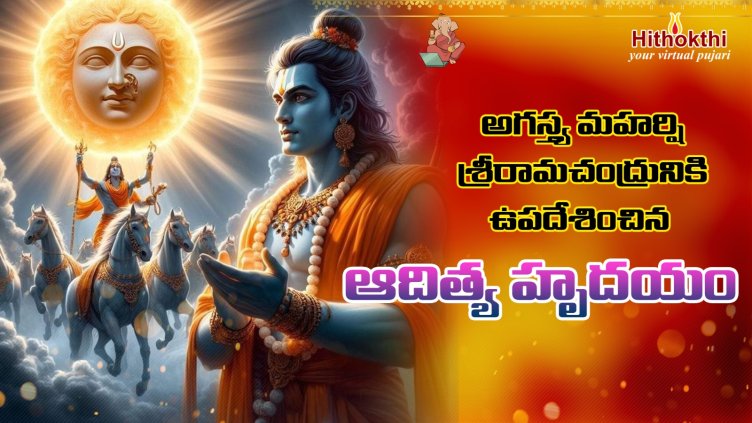Introspection and Finding God
Preceptors have interpreted the esoteric concepts of the scriptures — such as the experience of the eternal Brahman, Avidya, Mukti, Jnana, Karma, Sanyasa, etc., — to show the path to salvation. Many systems of belief have thrived in the spiritual atmosphere of Indian philosophy, which is non-dogmatic and gives freedom of choice to the individual in faith and belief.
It is true that when Adi Sankara established the Advaita Tatva, based on the teachings of the Upanishads, initially he had to contend with the prevailing systems of philosophy that opposed his non-dualism theory.
His subtle insight into the eternal truth and his ability to reason and resolve conflicts and doubts continue to exert a strong influence in people’s belief, Sri Goda Venkateswara Sastrigal pointed out in a lecture.
‘That Thou art’
The Upanishads themselves accept the enigmatic quality of the inquiry into Brahman and insist that each one has to realise God at an individual level over and beyond theories.
For instance, the Mahavakya, ‘That Thou art,’ is explained to show the identity of the Self with the Brahman. We may try to grasp the truth of the Brahman that scriptures describe thus: “That which is the subtle essence — in that all beings have their existence. That is the Truth. That is the Self. That art thou.”
Shedding ego
When karma is done for a specific purpose, only that purpose will be achieved. When one acts with the eye on moksha, jnana destroys desires for fruits and material benefits and also the ego sense of the Self which believes it is the doer.
In such a state, the effects of karma automatically are shed and the Self gets liberated.
When the will to realise God takes firm root in an individual through viveka and vairagya, he undergoes a change in his attitude to his life on earth. He is able to reject the world’s ephemeral joys and fix his aspiration on the Brahman. He is also freed from action.
Attainment of the experience of Brahman is possible when Brahman alone pervades the individual’s consciousness.







